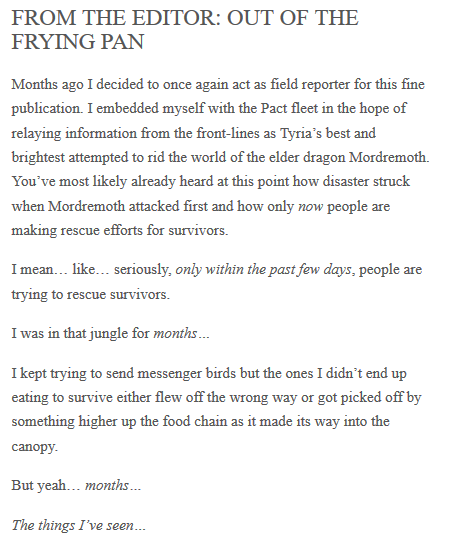Tim Worstall follows up on all-world scumbag Martin Shkreli and his enabled-by-the-regulator insane price increases for a decades-old drug:
We have an interesting and important economic lesson for public policy here: markets, they work. More accurately, we don’t have to worry about someone attempting to exploit their possession of a contestable monopoly. We only have to worry, possibly take action, if someone has an uncontestable monopoly. And given that there’s very few of them that we don’t create ourselves for other reasons, this means that monopoly is just one of those things we can keep a wary eye upon but not worry over excessively.
Our example comes from Martin Shkreli. The basic background is that this entrepreneur thinks he’s found a pretty cool business model. There’s a number of pharmaceuticals out there that are well out of patent but still have small and useful markets. FDA regulations (no, we’ll not go into the details of how or why this happens) mean that it’s not as easy as one might think to produce generic versions of these out of patent drugs. So, as a business plan, buy up the rights to the permit-ed (as in, with a permit, not just those allowed, as in permitted) generics and as a result of the difficulty someone else will have in getting into the same market, some pricing power is available. You can then raise the price and start to bank your considerable profits.
This caused outrage when Shkreli announced that this was exactly what he was doing:
Turing Pharmaceuticals, the company that last month raised the price of the decades-old drug Daraprim from $13.50 a pill to $750…
A 5,000% price rise certainly indicates that Turing thinks it has pricing power and thus that it has considerable monopoly power.
[…]
Markets, they work. As Mr. Shkreli is just finding out:
Turing Pharmaceuticals, the company that last month raised the price of the decades-old drug Daraprim from $13.50 a pill to $750, now has a competitor.
Imprimis Pharmaceuticals, Inc., a specialty pharmaceutical company based in San Diego, announced today that it has made an alternative to Daraprim that costs about a buck a pill — or $99 for a 100-pill supply.
This is not the same drug: it’s a slight variation, a close substitute. But it’s close enough that Turing isn’t going to be making much money from what it thought was monopoly pricing power. Because it was a contestable monopoly, not an absolute one.




